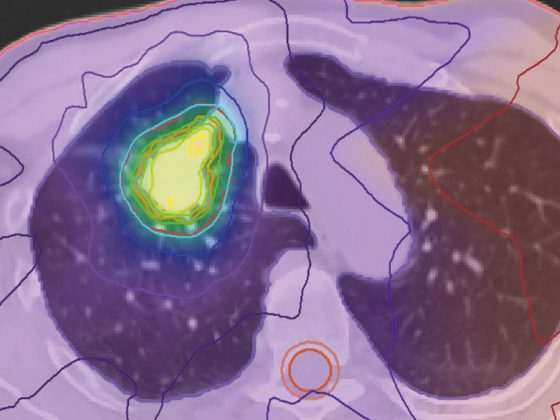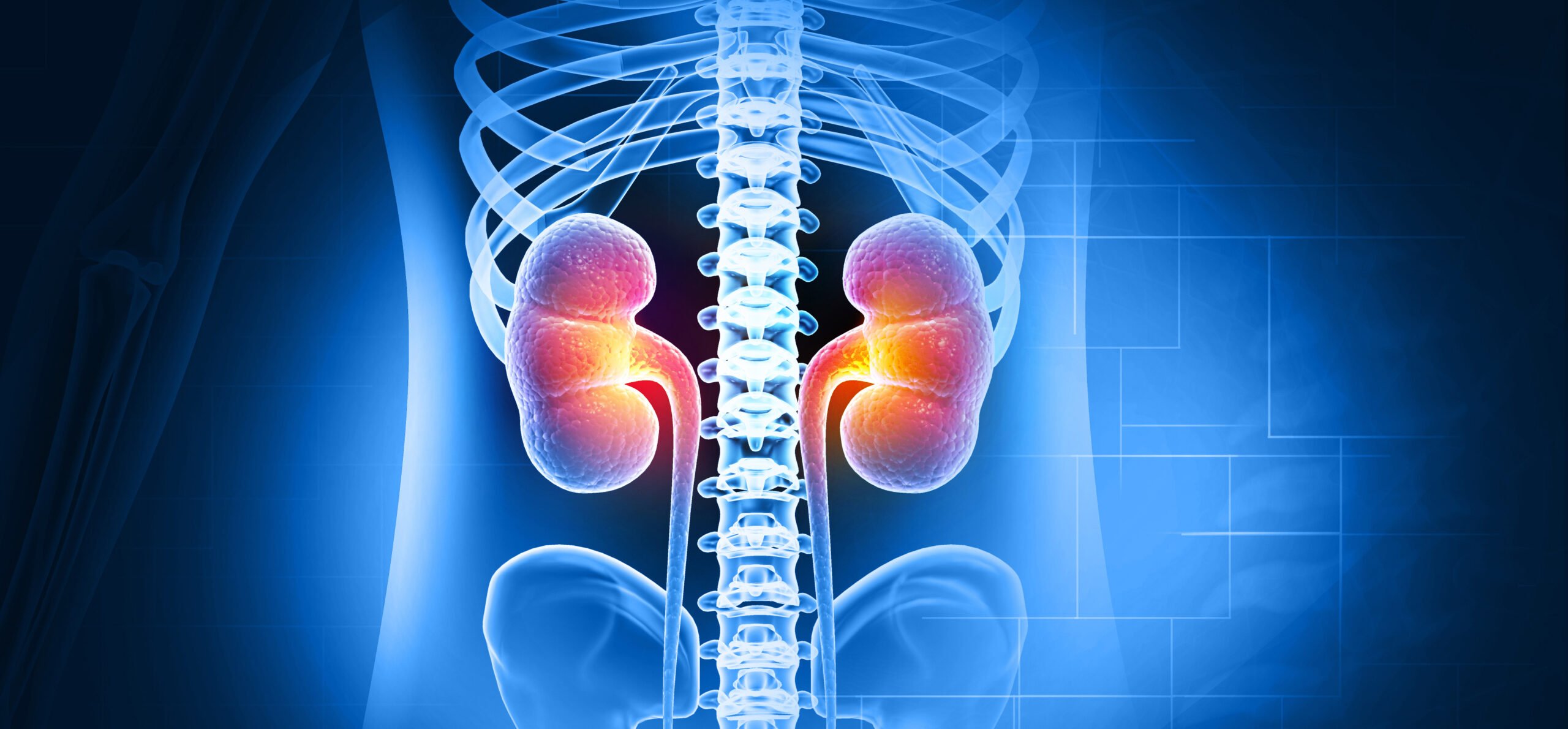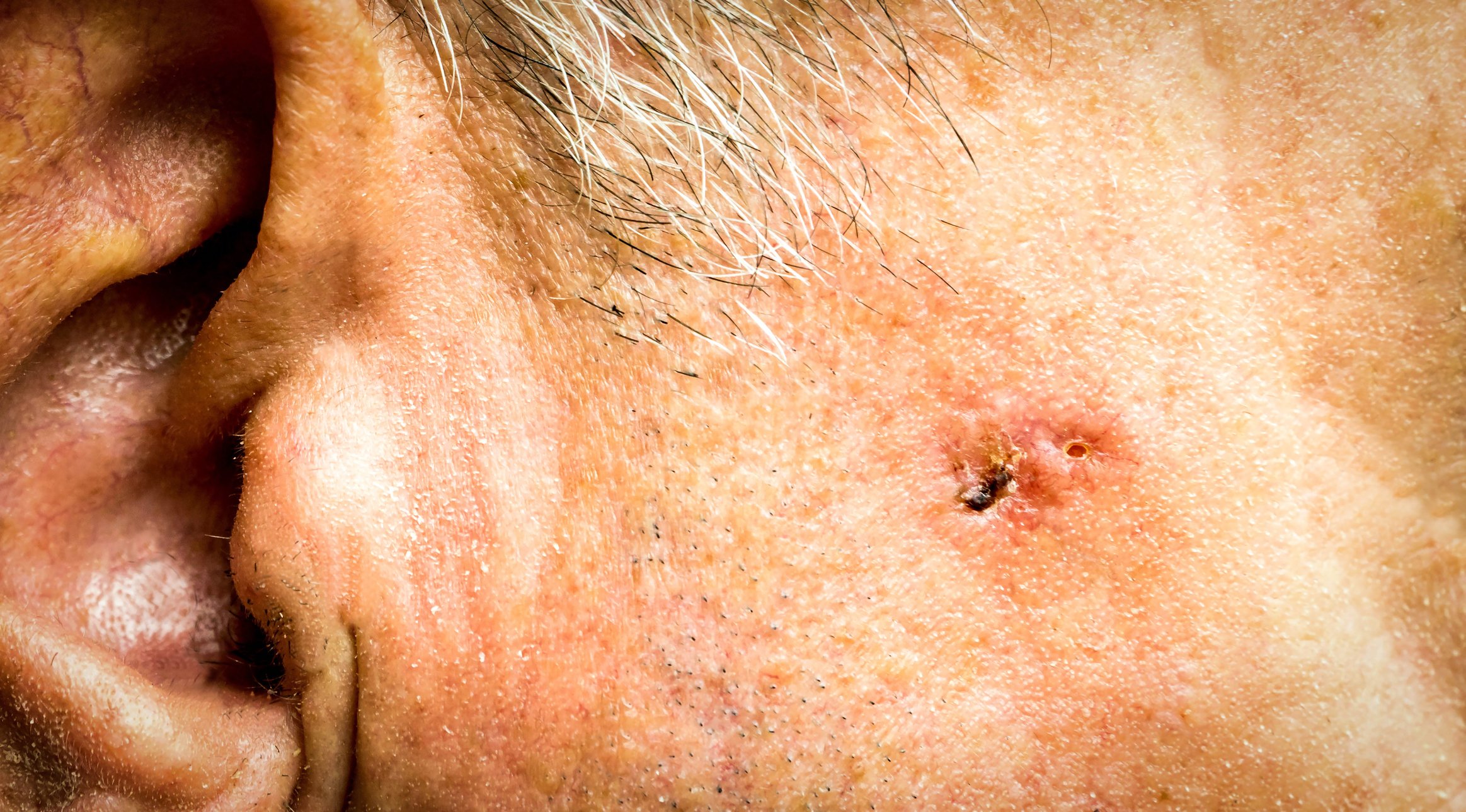Colchicine has been used in medicine as an alkaloid for a long time and exhibits a broad anti-inflammatory effect. Recent study results now show that its use in patients with stable coronary artery disease can significantly reduce cardiovascular risk.
Colchicine, a mitotic inhibitor found in autumn crocus, reduced the risk of cardiovascular-related death, myocardial infarction, stroke, or ischemia-related coronary revascularization by nearly one-third in patients with stable coronary artery disease compared with placebo. This was the conclusion reached by scientists in a data analysis of the LoDoCO2 study [1]. The large, double-blind, randomized, placebo-controlled study included patients aged 35 to 82 years with established coronary disease that had been stable for more than 6 months. In the run-in period, all patients were initially treated with 0.5 mg colchicine daily for 30 days. 5522 patients who tolerated and consented to colchicine were subsequently randomized in a 1:1 ratio to colchicine 0.5 mg/day or placebo in addition to their standard therapy and followed up for a median of 29 months. The primary end point consisted of cardiovascular death, myocardial infarction, stroke, and ischemia-related coronary revascularization. A primary endpoint event occurred in 264 patients (9.6%) in the placebo group and in 187 (6.8%) in the colchicine group. Accordingly, colchicine reduced the relative risk by 31% compared with placebo. The effect started early and increased during the observation period. The results for secondary endpoints also support the use of colchicine.
Source: ESC Congress 2020
Literature:
- Nidorf SM, Fiolet ATL, Mosterd A, et al: Colchicine in Patients with Chronic Coronary Disease. NEJM 2020. DOI: 10.1056/NEJMoa2021372.
CARDIOVASC 2020; 19(3): 36 (published 9/19/20, ahead of print).











